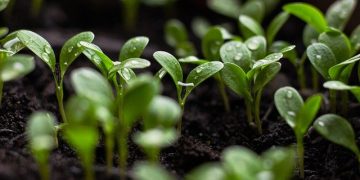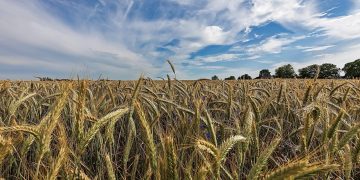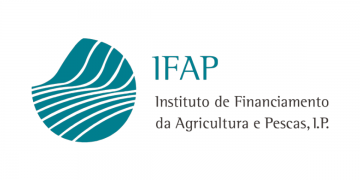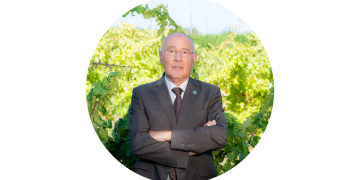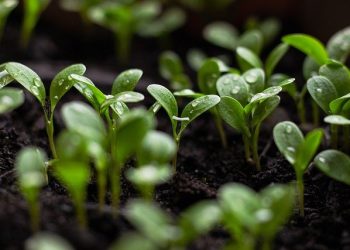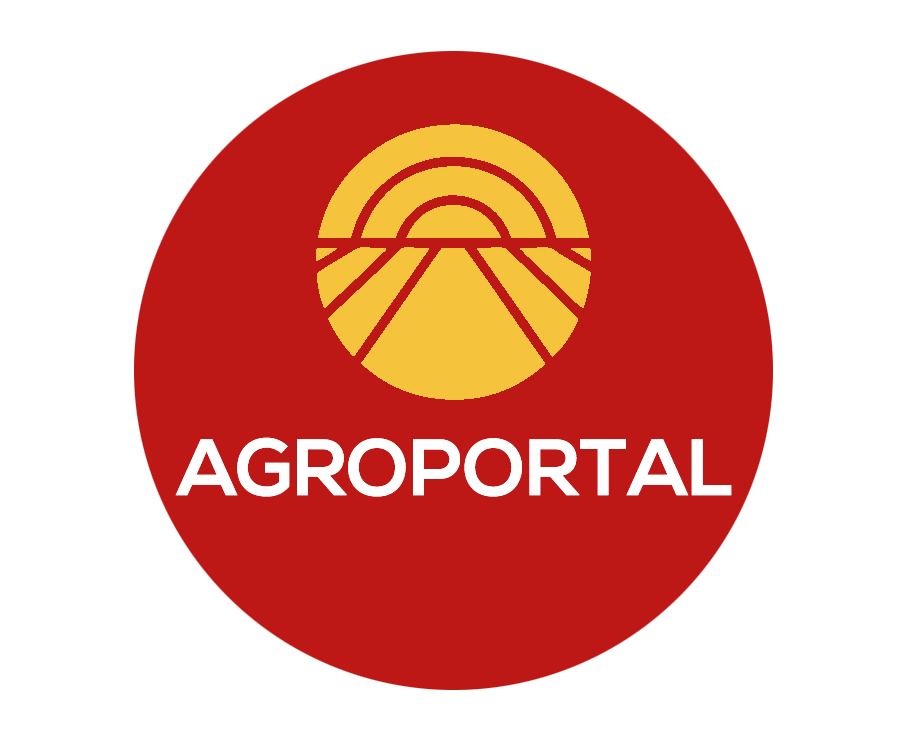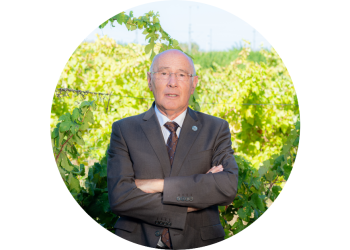Pitting biotechnology against agroecology — as has been the case in a long-running debate around food and agriculture — is a fundamental error. Biotechnology is a set of tools that can be used to improve crops and animals, while agroecology is an approach to farming that has various meanings for various groups.
The conceptual breadth of the term agroecology makes it easy for different groups to exploit it for their own ideological interests. It is now widely used as a proxy term for fighting genetically modified organisms (GMOs) and conventional farming practices.
This fight has been playing out around the UN Food Systems Summit, held last fall. Agroecology advocates lambasted anyone who supported offered interventions like biotechnology, which they termed “false solutions” compromising food security, democratic accountability and sustainability.
Analysis
Such political rhetoric is itself problematic, obscuring the urgent need to improve food security and address environmental problems while denying the role of science and evidence in solving real-world challenges. Also, in promoting agroecology as a one-size-fits all solution, its proponents ignore and undermine the complex challenges and trade-offs involved in establishing sustainable agri-food systems that they claim to champion. Crucially, agroecology stands to protract the status-quo of peasant farmers — especially in Africa — keeping them stuck in a vicious cycle of less productive agriculture and poverty.
Agricultural biotechnology is compatible with agroecology , though its critics tend to ignore this fact while denouncing GM crops and industrial agriculture as one big, failed project responsible for the shortfalls of market-oriented food systems and numerous injustices. A recent essay claimed that “GM crops are rooted in a colonial-capitalist model of agriculture based on theft of Indigenous land and on exploiting farmers’ and food workers’ labor, women’s bodies, Indigenous knowledge and the web of life itself.”
But even as they glorify agroecological practices as the path to sustainability, they fail to acknowledge the colonial influence of the donors from well-fed European nations who are primarily funding the current promotion of agroecology in Sub-Saharan Africa. If anything, agroecology could perpetuate the existing inequalities within the food system, as the conservative version seeks to completely lock out modern agricultural innovations without giving farmers a chance to decide what works in their different farming settings.
Agroecology advocates remain oddly silent about the downsides of organic farming — the most widely adopted agroecological standard worldwide. Organic agriculture has been shown to yield less per unit of land in comparison to conventional production, with recent studies reporting yield gaps of up to 35 percent. A 35 percent yield gap would require 50 percent more arable land to grow the same amount of food leading to more biodiversity loss when forests and other wild ecosystems are converted to farmland. Adding 50 percent to global cropland is equivalent to 600 million hectares, more than half the size of the United States.
For resource-poor smallholder farmers in Africa, whose yields are already significantly lower than the rest of the world, a shift to idealized agroecological production practices does not offer much promise.
Besides, over 33 million smallholders in Africa who farm less than a hectare of land are already applying most of the same agroecological practices (intercropping, mulching, agroforestry etc.) that agroecologists advocate. To suggest that these farmers should not use technologies, such as biotechnology and digitalization, that could dramatically improve their condition, is to commit them in perpetuity to the same back-breaking, unproductive agriculture they are already practicing.
Furthermore, there is a rising concern that as developed nations move towards increased organic farming, food production is exported overseas to compensate for lower shortfalls in domestic supplies. A recent study shows that this phenomenon is bound to result in a net increase in greenhouse gas emissions, further heightening agriculture’s ecofootprint and exposing fragile smallholder farming systems to the vagaries of climate change.
Even more perplexing is the opposition to public sector biotech research that has delivered or stands to deliver numerous benefits for resource-limited smallholders in developing countries. Agroecology advocates are strongly against Golden Rice as part of the solution to rampant vitamin A deficiency (VAD) in South and Southeast Asia, even as they acknowledge that multiple approaches (nutrition education, capsule supplements etc.) will be required to address this public health problem.
Additionally, they oppose Bt brinjal, an insect-resistant GM eggplant commercialized in Bangladesh in 2013. Bt brinjal adopters have benefitted from a six-fold increase in net revenues over non-GM varieties and a 61 percent reduction in pesticide expenses — both substantial gains for resource-poor farmers in Bangladesh. It is therefore difficult to reconcile the antipathy towards such technologies — especially from those who claim to advocate for more sustainable, just and people-first ways of farming.
All this is not to say that there are no advantages to agroecological practices. In certain circumstances they could complement other modern agricultural solutions that offer real benefits for farmers. Furthermore, in tackling the twin challenge of feeding a growing global population while conserving biodiversity, we must move past the constraints of dualisms that codify production systems like organic and conventional as static entities. Instead, we should seek out win-win solutions that combine the best of both worlds. For example, insect-resistant GM crops can be integrated into organic systems — further reducing the need for pesticide sprays — or complement diversified integrated pest management regimes.
Moving forward, we cannot meaningfully advance the food production debate without breaking down dogmatic fixations with technologies and production practices. We must refocus on inclusive, pragmatic solutions that are not rooted in restrictive food and farming ideologies.
Establishing sustainable and robust food systems will require more options, not less — especially for the world’s poorest farmers. The challenges we seek to solve are complex and require the humility of understanding that there is no one ideal way to approach them. Importantly, we ought to ditch paternalistic rhetoric that blocks smallholders in the global south from accessing and embracing technologies and practices that offer them a path out of hunger and poverty.
Joshua Muhumuza is a postgraduate student of science and health communication at the University of Manchester, UK, who previously worked in outreach and policy advocacy with Uganda’s National Agricultural Research Organization.
BY JOSHUA R. MUHUMUZA
O artigo foi publicado originalmente em Cornell Alliance for Science.



